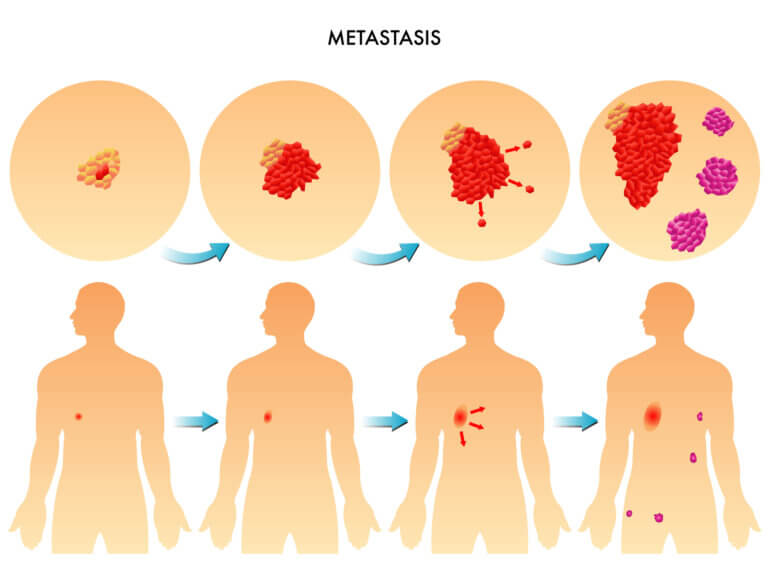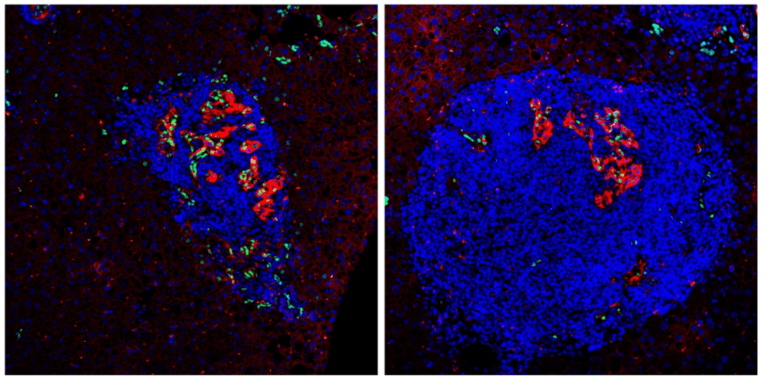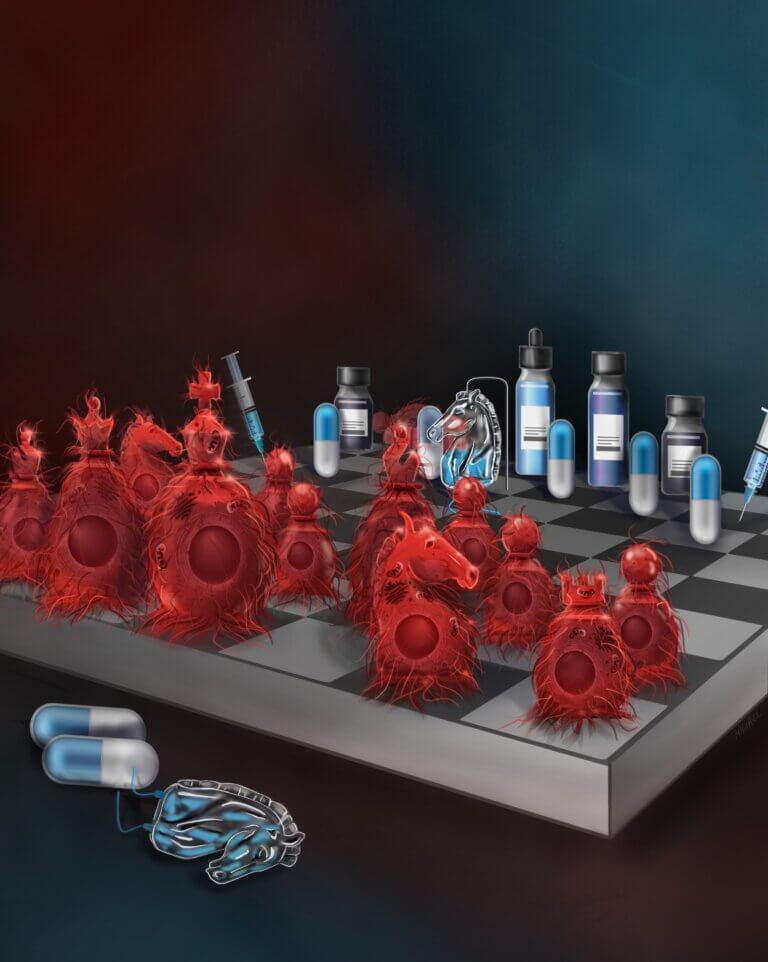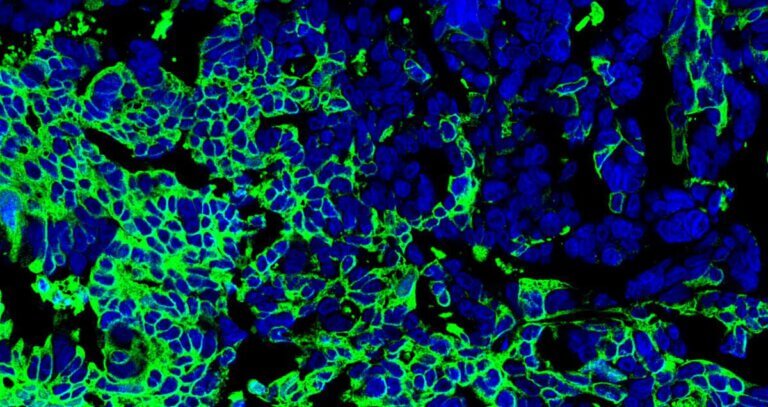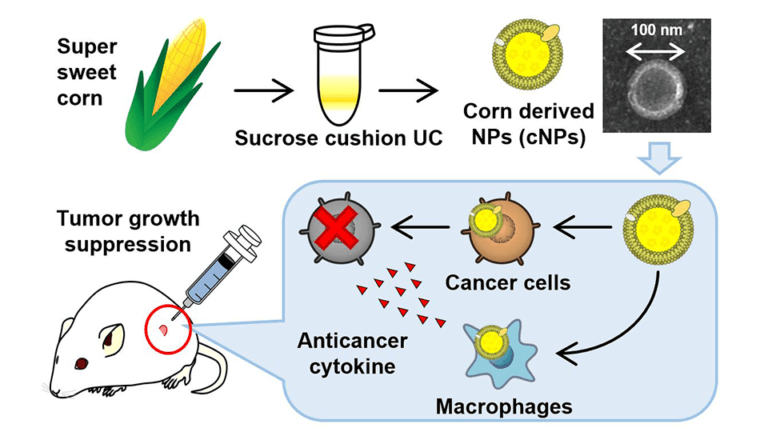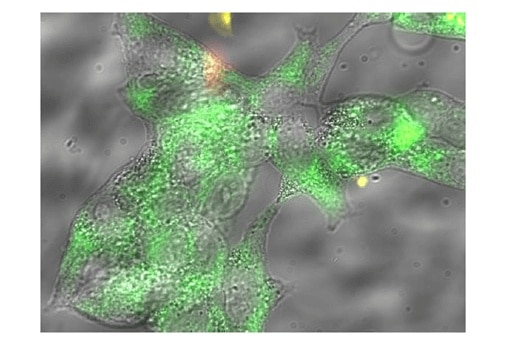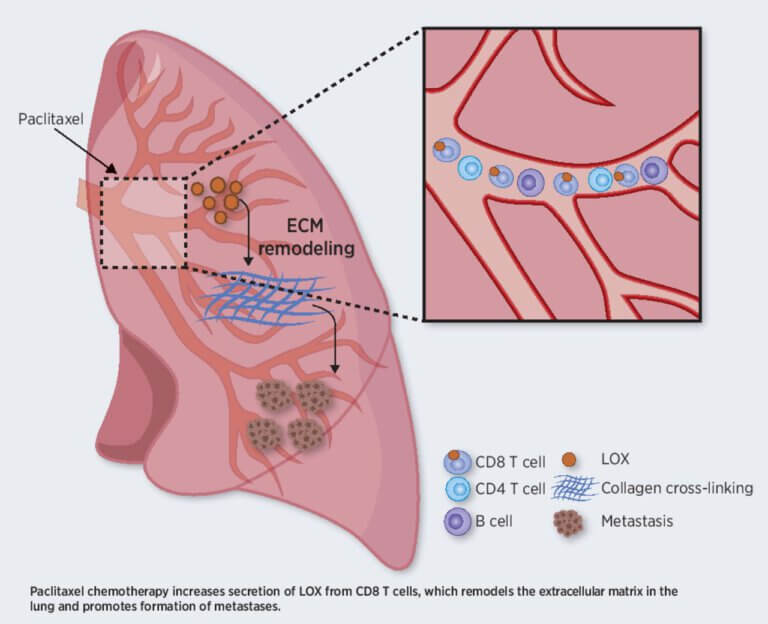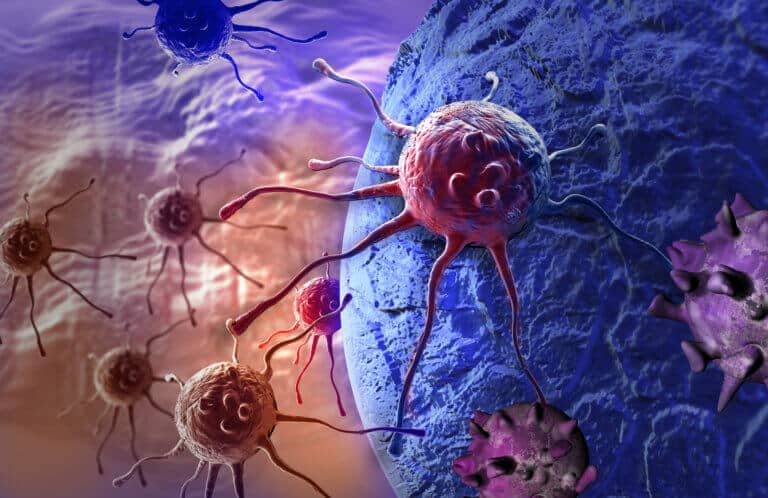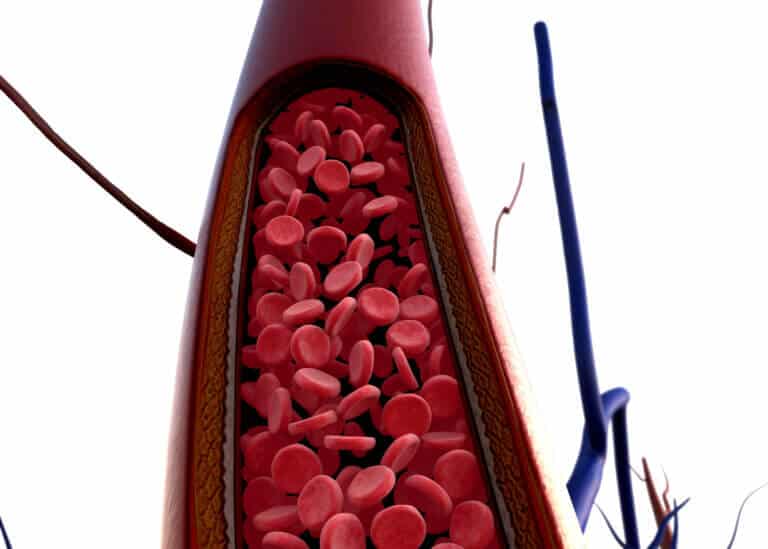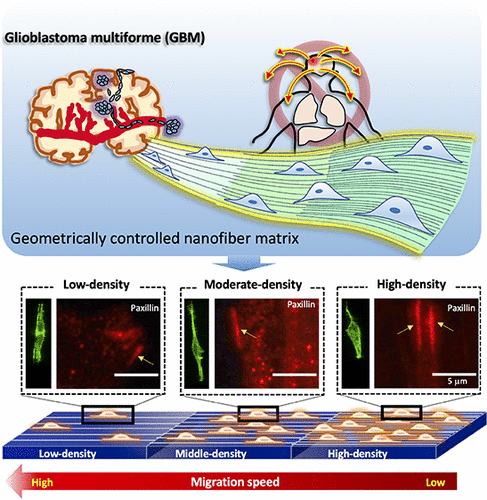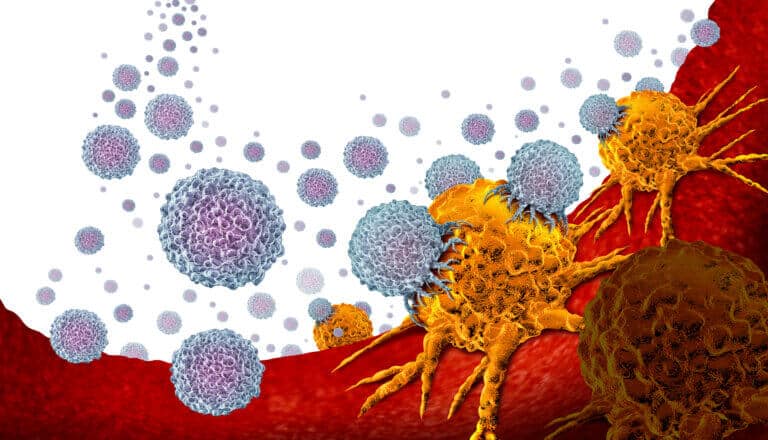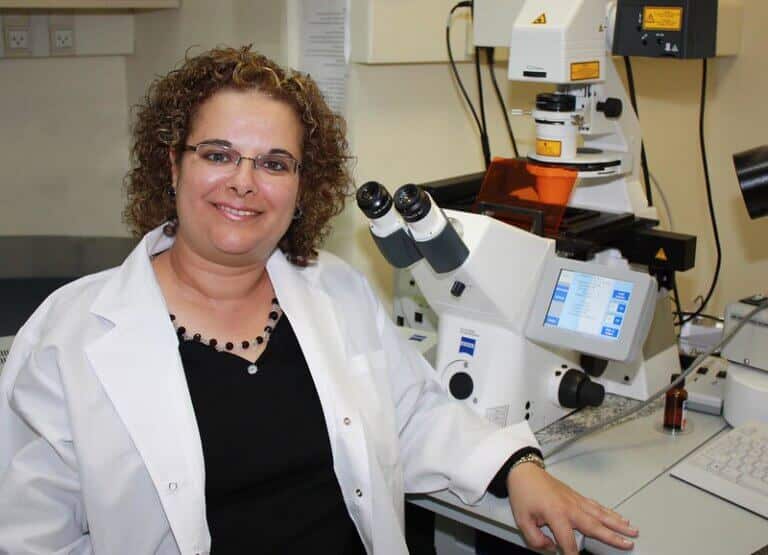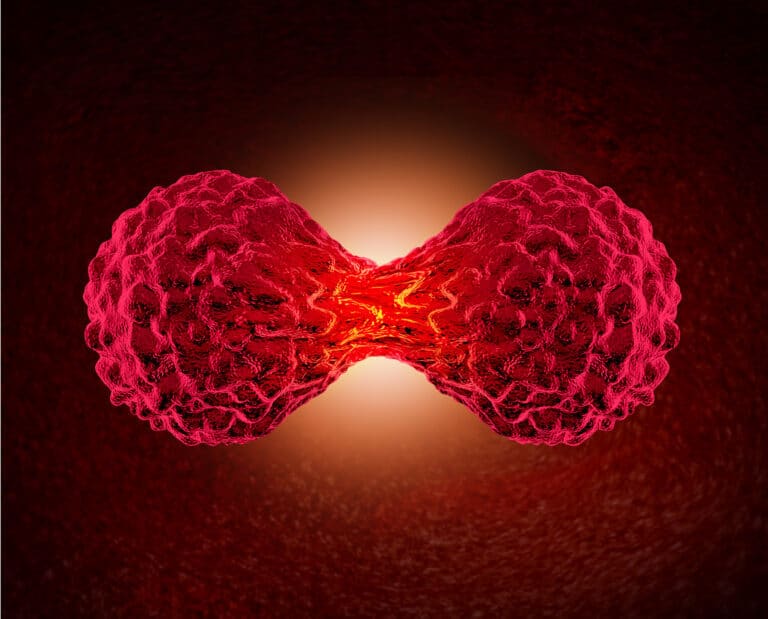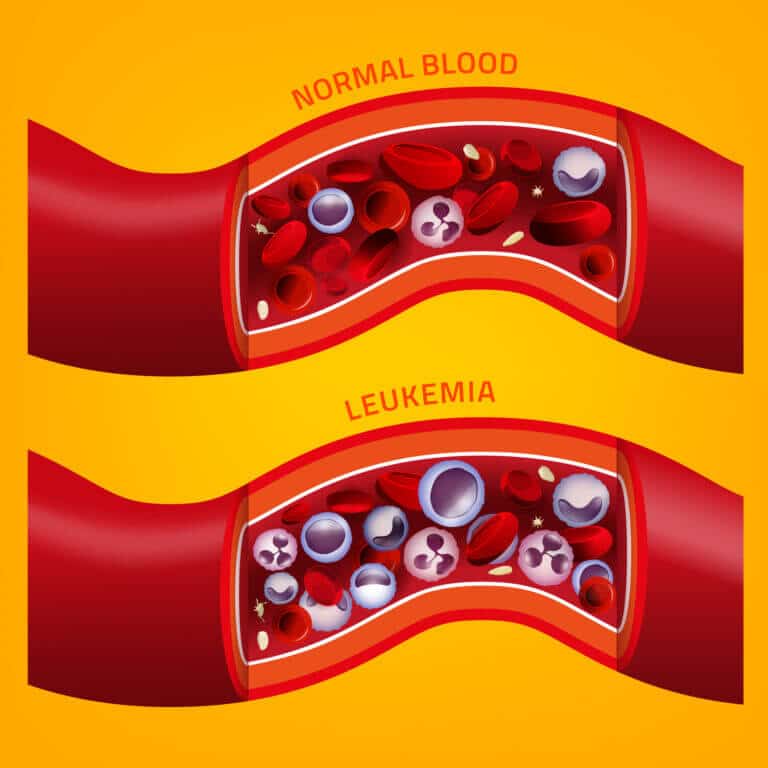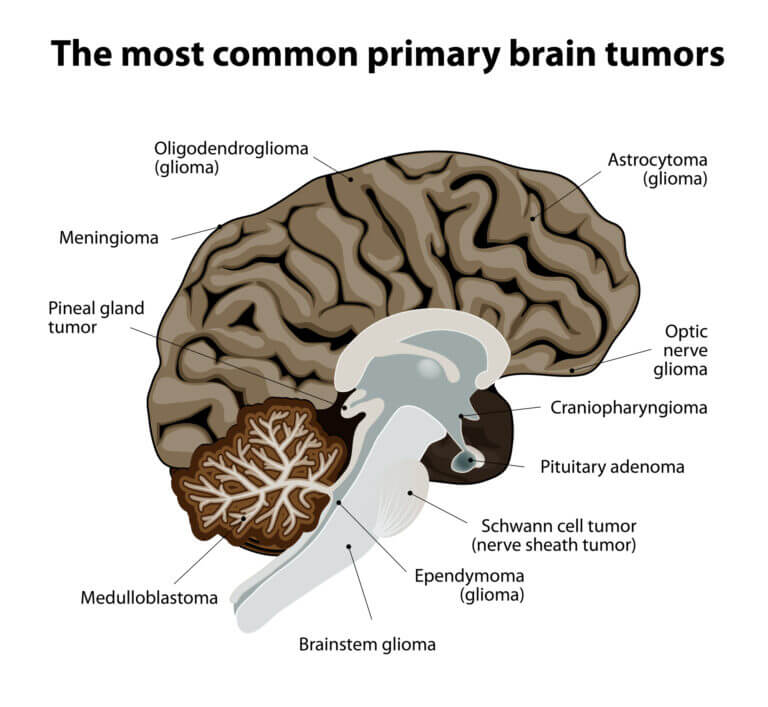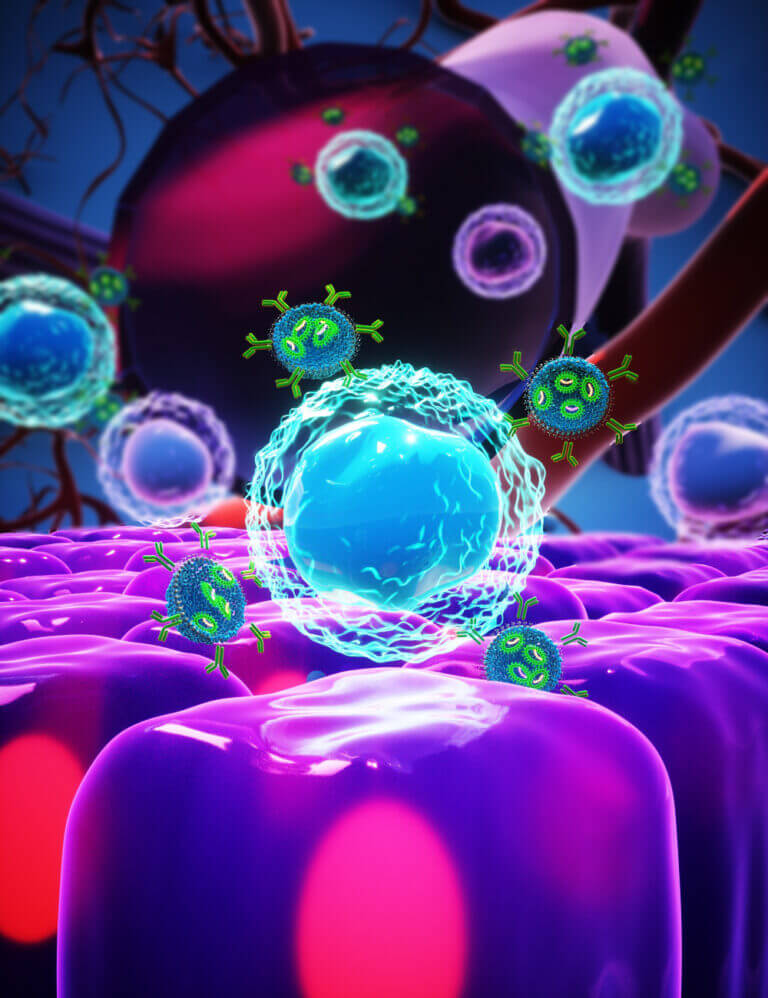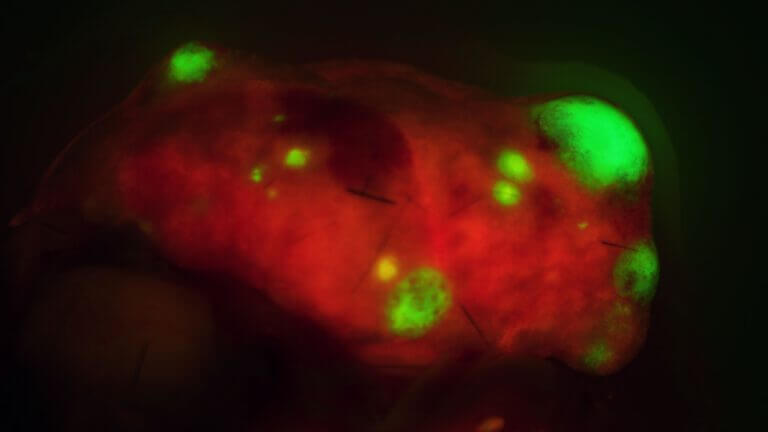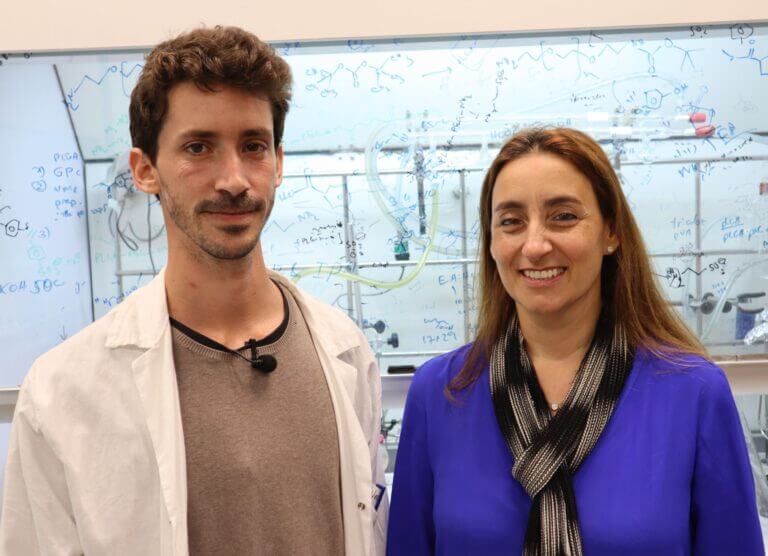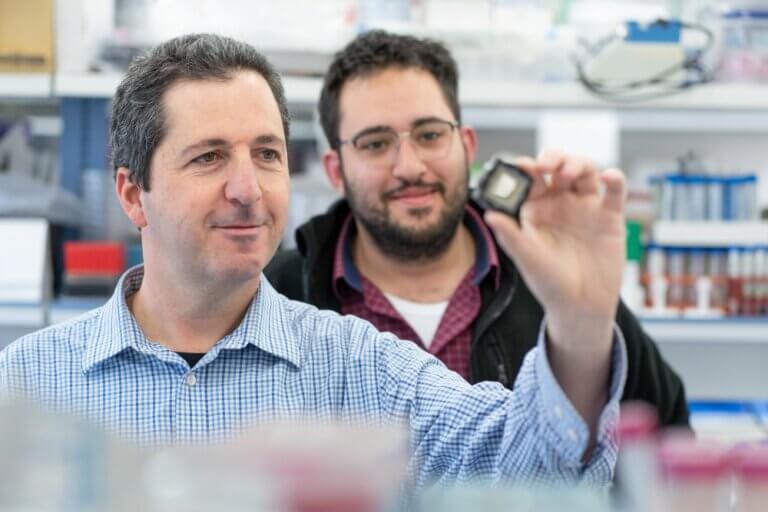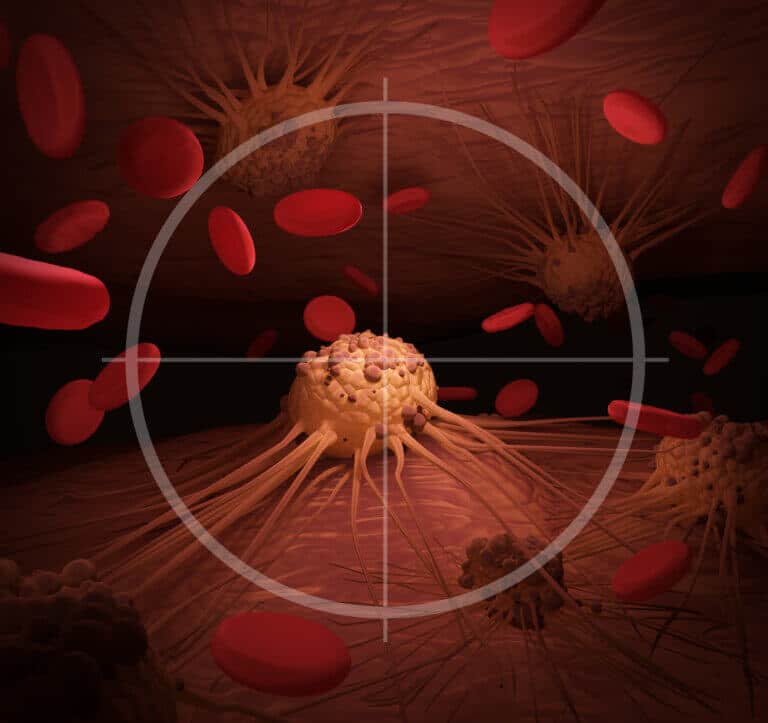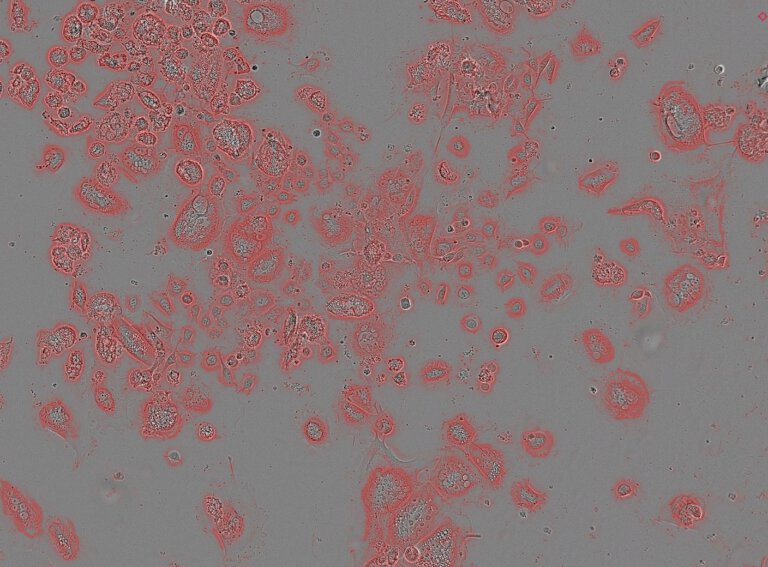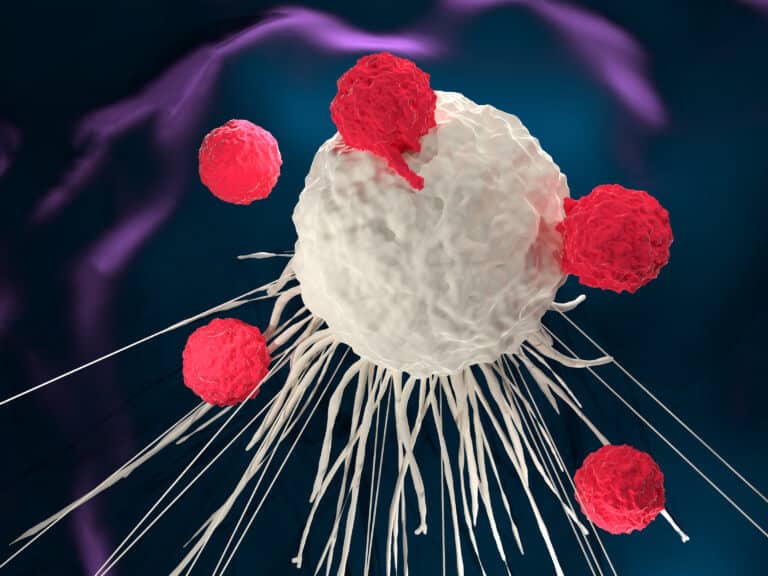Hayadan > Biology and Medicine > medicine > Diseases > cancer > Cancer research - basic > Page 2
Cancer research - basic
- The Technion
- July 25, 2022
- No comments
The new technology we developed provides accurate data on the nature of the mutation based on the RNA sequencing of the tumor only - that is, without the need for DNA sequencing of the tumor and any sequencing of the healthy tissue
- The Voice of Science website - the Israel National Science Foundation
- April 12, 2022
Pools of immune system cells taken from patients and mice with liver cancer and melanoma, partly composed of tired immune cells
- The Technion
- March 31, 2022
- No comments
- Weizmann Institute
- March 25, 2022
Our immune system has a powerful and accurate weapon to destroy bacteria and viruses. It is possible that in the future it will also be possible to harness it against malignant tumors
- Dr. Moshe Nahamani
- March 22, 2022
- No comments
Researchers have recently succeeded in developing innovative bio-nanoparticles derived from corn designed to tune into and destroy cancer cells, thanks to the body's own immune system
- The Voice of Science website - the Israel National Science Foundation
- March 18, 2022
An advanced molecular structure may detect and report intracellular activity that may cause cancer
- The Technion
- February 7, 2022
- No comments
- The science service
- January 18, 2022
- No comments
Oncologists use genomic sequencing to try to refine the treatment of rare cancers - about this and more in the following interview with Dr. Sharon Pels - an oncology expert
- Weizmann Institute
- November 30, 2021
The institute's scientists located a molecule that irreversibly attaches to a protein that contributes to the development of malignant tumors. Their findings may lead to the creation of a new cancer drug
- The Technion
- November 23, 2021
- One response
The technology, based on the Nano-Ghosts platform, makes it possible to reduce the dose of the drug a million times without harming its effectiveness
- Weizmann Institute
- November 14, 2021
The scientists of the institute discovered that the blood vessels "separate" between cell division and branching in new directions. The findings imply that chemotherapy treatments may encourage the growth of blood vessels in the tumor
- Dr. Moshe Nahamani
- October 25, 2021
- No comments
Researchers have used high-density nanofibers that mimic the brain's microenvironment to trap cancer cells in research that paves the way for the development of innovative therapeutic solutions for aggressive brain cancers
- Weizmann Institute
- October 17, 2021
The method that may make the new generation of cancer treatments accessible to more patients
- Tel Aviv University
- October 14, 2021
- No comments
- Bar-Ilan University
- October 12, 2021
- No comments
- Avi Blizovsky
- September 2, 2021
- No comments
Researchers from Tel Aviv University have shown that silent mutations, i.e. those that do not change the amino acid sequence of the proteins, are also not innocent
- The Hebrew University
- September 1, 2021
In a study conducted on blood samples from patients and those recovering from leukemia, unique sequences were found that control genes that contribute to the spread of the disease. "By investigating these genes we can learn how to prevent the disease from progressing and even develop future drugs to prevent it"
- Tel Aviv University
- July 6, 2021
- No comments
The researchers relied on the CAR-T technology, which uses genetic engineering to improve the function of the immune system's T cells in their war on cancer cells. According to the researchers, the method they developed may help patients with various types of brain cancer, as well as solid tumors in other organs
- Tel Aviv University
- June 30, 2021
- One response
Prof. Dan Farr, Tel Aviv University: "Our development actually changes the world of antibodies. Today we flood the body with antibodies that are indeed selective, but also damage the healthy cells. We removed non-inflammatory cells from the game, and with a simple injection we succeeded in damaging only the inflammatory cells at that moment Given"
- The Hebrew University
- June 3, 2021
- One response
A protective protein, which was generally known to be effective against blood clots, was found to be capable of inhibiting the most violent means of cancer in the human body - metastasis. Prof. Tal Borshtin-Cohen, the leader of the research, believes that the surprising discovery explains why there are quite a few anti-cancer treatments that fail: "The understanding that protein S helps the body fight metastases is a warning light for anti-cancer treatments, which are designed to inhibit this protein's pathway"
- Tel Aviv University
- April 12, 2021
- 2 תגובות
Researchers from Tel Aviv University have identified a failure in the brain's immune system that increases the division and spread of glioblastoma cancer cells instead of inhibiting them. Now they are looking for ways to turn the situation around
- The Hebrew University
- February 28, 2021
- The Technion
- February 8, 2021
- No comments
The research group of Prof. Tomer Shlomi from the Faculty of Computer Science, the Faculty of Biology and the Lockey Center for Life Sciences and Engineering at the Technion discovered a process based on which it is possible to selectively and specifically damage cancer cells without causing damage to healthy tissue
- Tel Aviv University
- January 28, 2021
- No comments
Researchers from Tel Aviv University shed light on a 140-year-old mystery in an article published in Nature. The research shows for the first time how an abnormal number of chromosomes (aneploidy) - a unique feature of cancer cells that has been known to researchers for decades - can become a weak point of these cells. The research may in the future lead to the development of drugs that will take advantage of this weak point for targeted damage to cancer cells
- Weizmann Institute
- December 17, 2020

